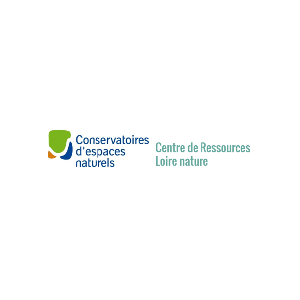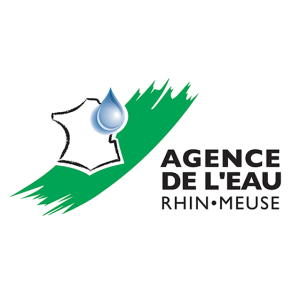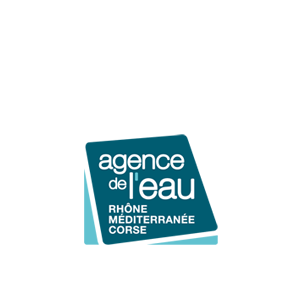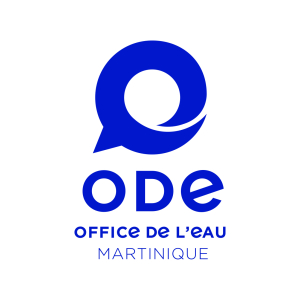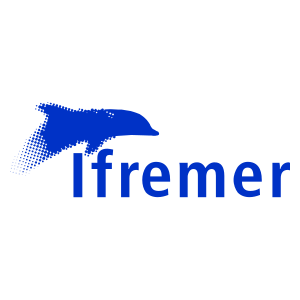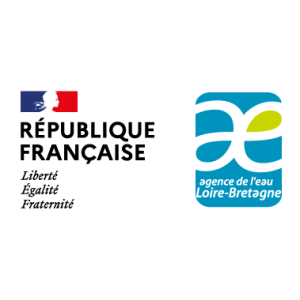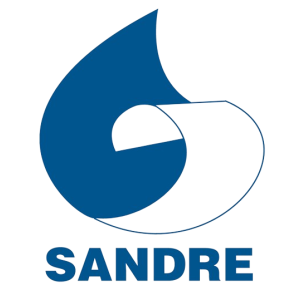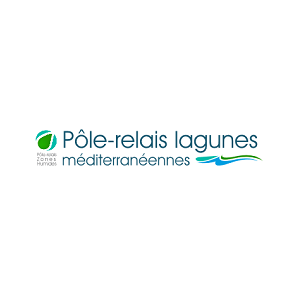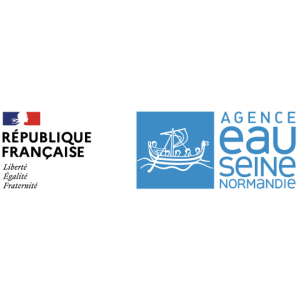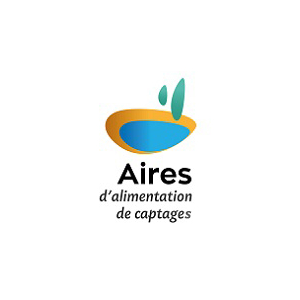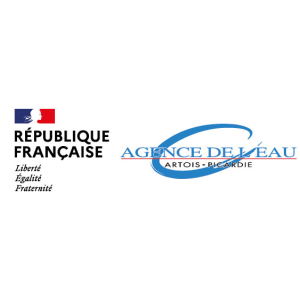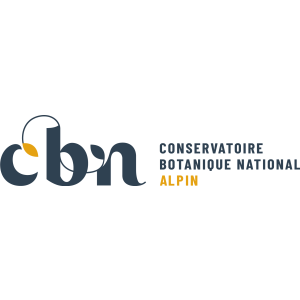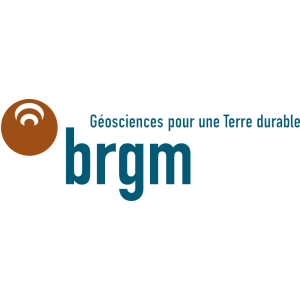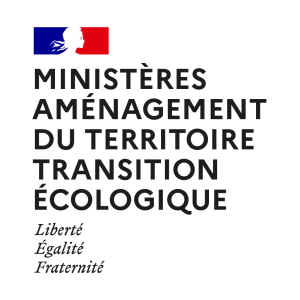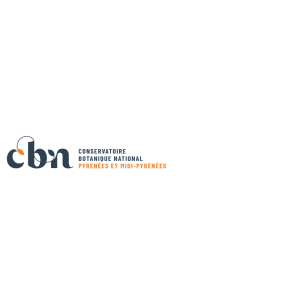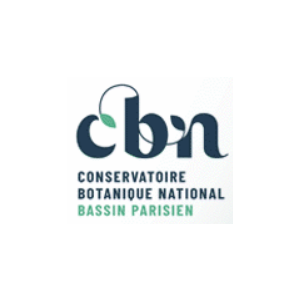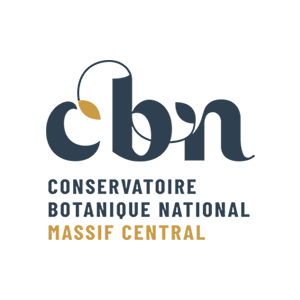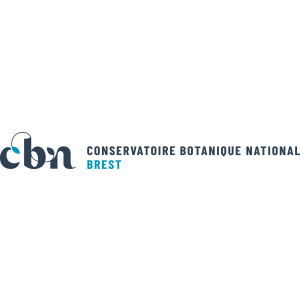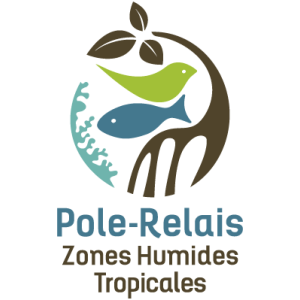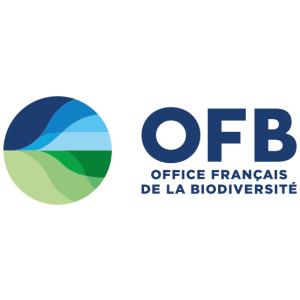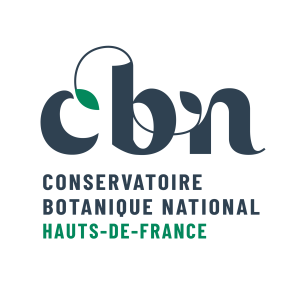
Document généré le 22/02/2026 depuis l'adresse: https://www.documentation.eauetbiodiversite.fr/fr/notice/influence-des-variations-des-facteurs-environnementaux-sur-la-croissance-de-poissons-de-l-atlantique-46840
Influence des variations des facteurs environnementaux sur la croissance de poissons de l'Atlantique
Titre alternatif
Producteur
Contributeur(s)
Éditeur(s)
Uniivesité Breatgne Loire, Agrocampus Ouest
Identifiant documentaire
9-53026
Identifiant OAI
oai:archimer.ifremer.fr:53026
Auteur(s):
Barrios, Alexander
Mots clés
Croissance
gadidés
clupéidés
Atlantique
Otolithe
Modèle de von Bertalanffy
Modèles à effets mixtes.
Growth
gadides
clupeids
Atlantic
Otolith
von Bertalanffy growth model
Mixed effects models.
Date de publication
21/02/2017
Date de création
Date de modification
Date d'acceptation du document
Date de dépôt légal
Langue
fre
Thème
Type de ressource
Source
Droits de réutilisation
2017 UBL
Région
Département
Commune
Description
The impact of biotic factors such as density-dependent processes, recruitment, total mortality, and abiotic factors such as upwelling intensity, temperature and chlorophyll a concentration on the variation of growth parameters of pelagic and demersal fish were studied during the periods 1990 - 2008 (pelagic) and 1971 - 2015 (demersal). Life history parameters vary according to the species and from one region to another and over time within a given area because of their plasticity and the high fishing pressure. Interspecies and inter-regional comparison were carried out. Non-linear mixed effects models were used on different fish species of the Atlantic Ocean in order to estimate the growth parameters at the individual and population levels. Variations in growth parameters of selected species were correlated with biotic and abiotic factors. Selected species (Sardinella aurita, round sardinella, Xenomelaniris brasiliensis, tinicalo, Merlangus merlangus, whiting, Melanogrammus aeglefinus, haddock and Solea solea, sole) showed different responses to biotic and abiotic factors. Regardind the spatial component for whiting and haddock, the variation of growth parameters was affected by latitude and temperature. Concerning the temporal component, whiting was affected by temperature and density-dependent processes. There was also an interest to know if the morphometric variables and the diameter of the otolith of Atherinella brasilensis were good growth indicators. Among the morphometric parameters examined, the standard length-Age relationship showed the best fit (r2 = 0.90), followed by the otolith diameter (r2 = 0.85). Finally, the variation in individual growth whiting in terms of region and sex was also studied. Differences were found between sexes and regions.
Accès aux documents
0
Consultations
0
Téléchargements
